Custody


What is custody?
Custody means the right and duty to keep and supervise the child.
Custody before the age of seven
The custody of children (both girls and boys) is with the mother until the age of seven, unless the parents agree otherwise. The father does not have the right to separate children under the age of seven from the mother, unless he has a valid excuse and a legal reason, in which case he must go to court and prove his claim. If the father refuses to give the children under the age of seven to the mother, the mother can apply to the court for a temporary order to return the child. Considering that according to the law, custody is with the mother, there is no need to prove anything in the court and the court will immediately issue the decision to return the child. This ruling is effective immediately.
Custody after the age of seven
The custody of the children (both girls and boys) after the age of seven is with the father, unless the parents agree otherwise. Although the custody of the children is with the father after the age of seven, if the mother can prove the father’s incompetence for the custody of the children in the court, the court will decide who will have the custody of the children based on the interest of the child. The law does not set a standard for the best interest of the child, but usually the physical, mental health, and the manner of education of the child are considered. It is even possible that if the interest of the child requires it, the court will hand over his custody to a third person other than the parents.
Custody after puberty
The right of custody is until the children reach the age of majority. The age of puberty is 9 full lunar years for girls and 15 full lunar years for boys. After reaching this age, the child himself can decide with which mother or father he wants to live.
Meeting the child:
When the father or mother does not have custody of the child, he can visit him under the conditions specified by law. In other words; the right to visit children is recognized for the father or mother who does not have custody of the child. The following items govern the meeting conditions:
Terms of meeting:
The time, place and duration of the meeting are determined by the agreement of the parties and mentioned in the court order. For example, the parties agree that the person who does not have custody has the right to meet the children and take them home every Friday from 2 pm to Saturday 5 pm.
Failure to agree on meeting: If the parties do not agree, the court determines the time, place and duration of the meeting.
Preventing visitation: The person who is in charge of custody cannot prevent the visitation of a person with whom the children do not live. For example, if the children live with the father after the age of seven, the father cannot prevent the mother from visiting her children and vice versa.
In case of violation: If the father repeatedly prevents the mother from meeting the children, the mother can raise the issue of disqualifying the father to take care of the children in court.
Deprivation of parental custody
- In case of insanity of the mother while custody is with her.
- If the mother is married while the custody is with her. In these two cases, if the father is not competent, the court assigns custody to another person among the child’s relatives. If the child’s physical health or moral education is at risk due to carelessness or moral degeneration of the father or mother under whose custody the child is.
Examples of neglect or moral degradation for someone who has custody of a child include: Harmful addiction to alcohol, drugs and gambling, reputation for moral corruption and prostitution, suffering from mental illness and child abuse, forcing him to do anti-social activities. Ethical behavior such as begging and trafficking, beating a child outside of normal limits, in these cases, if both parents are not competent, the court will give custody to another person.
If you have any questions in the field of custody and related rulings, or if you need guidance in setting up and implementing its provisions, our experienced consultants and lawyers in the Asia Lawyers Group will answer your questions.


